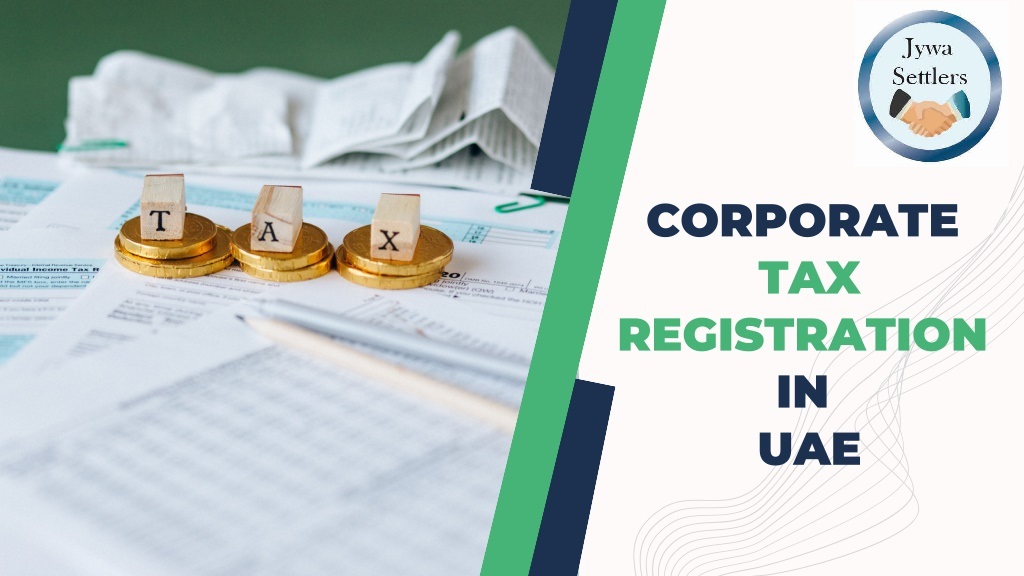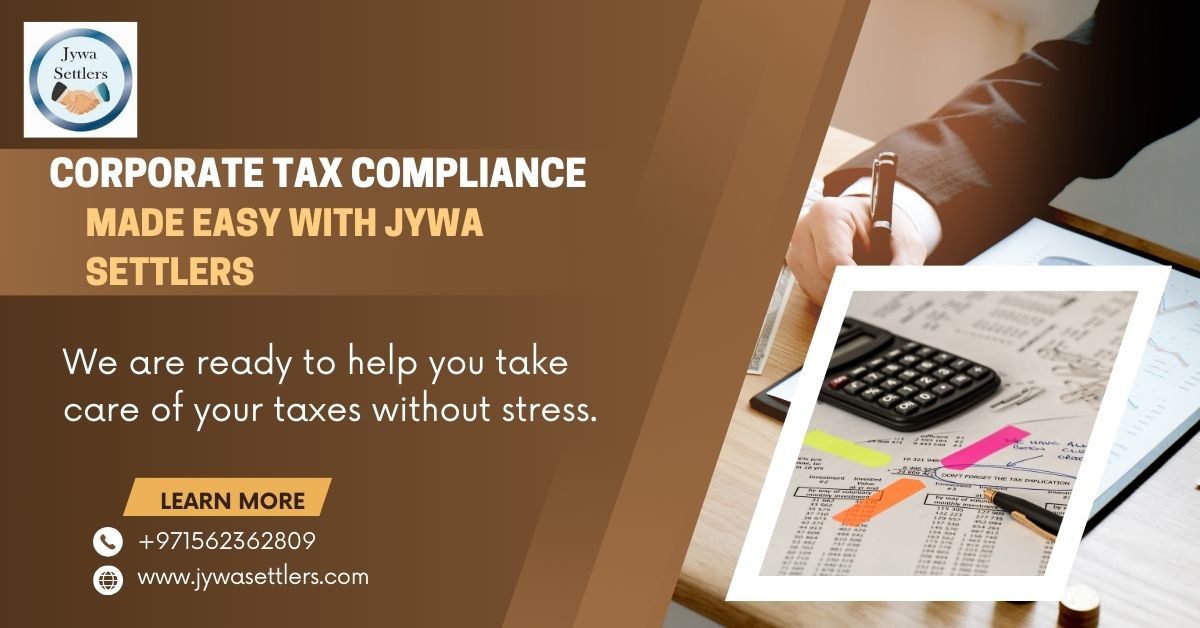Corporate tax compliance is a critical aspect of doing business in Dubai and the wider United Arab Emirates (UAE). With the UAE’s rapidly evolving tax landscape and stringent regulatory requirements, ensuring compliance with local tax laws is essential for businesses to avoid penalties and maintain financial stability. Choosing the right tax consultant with relevant experience and expertise can play a crucial role in managing the taxation matters of your business effectively. In this article, we’ll explore the importance of corporate tax compliance in Dubai, the key considerations when selecting a tax consultant, and how partnering with the right consultant can benefit your business.
Importance of Corporate Tax Compliance in Dubai:
Dubai, known for its thriving business environment and favorable tax policies, has witnessed significant growth in recent years. However, as the UAE continues to enhance its regulatory framework, businesses are increasingly subject to stringent tax compliance requirements. Corporate tax compliance involves adhering to various laws and regulations, including VAT (Value Added Tax), corporate income tax, and other indirect taxes.
Non-compliance with tax laws can result in severe consequences, including hefty fines, legal liabilities, and reputational damage. Moreover, failure to comply with tax regulations can hinder business operations, disrupt cash flow, and impede growth opportunities. Therefore, ensuring strict adherence to tax laws is paramount for businesses operating in Dubai.
Choosing the Right Tax Consultant in UAE:
Selecting the right tax consultant is a critical decision for businesses seeking to navigate the complexities of corporate tax compliance in Dubai. Here are some key considerations to keep in mind when choosing a tax consultant:
- Relevant Experience and Expertise:
- Look for a tax consultant with extensive experience in UAE tax laws and regulations.
- Consider their track record of successfully managing tax matters for businesses similar to yours.
- Ensure the consultant possesses expertise in areas such as VAT compliance, corporate income tax, transfer pricing, and international taxation.
- Industry Knowledge:
- Choose a tax consultant who understands the specific tax challenges and requirements relevant to your industry.
- Industry-specific knowledge enables the consultant to provide tailored solutions that address the unique needs of your business.
- Reputation and Credibility:
- Research the reputation and credibility of the tax consultant within the UAE business community.
- Seek recommendations from trusted sources, such as other businesses or industry associations.
- Look for testimonials or case studies that highlight the consultant’s ability to deliver results and provide value to clients.
- Range of Services:
- Assess the range of services offered by the tax consultant and ensure they align with your business needs.
- A comprehensive suite of services, including tax planning, compliance, advisory, and audit support, can provide holistic support for your tax requirements.
- Communication and Accessibility:
- Choose a tax consultant who maintains open communication channels and is readily accessible to address your queries and concerns.
- Clear communication is essential for fostering a collaborative relationship and ensuring that your tax matters are handled effectively.
Benefits of Partnering with the Right Tax Consultant:
Partnering with the right tax consultant in UAE can yield numerous benefits for your business, including:
- Ensuring Compliance:
- A knowledgeable tax consultant can help ensure that your business remains compliant with UAE tax laws and regulations, minimizing the risk of non-compliance penalties.
- Strategic Tax Planning:
- By leveraging their expertise, a tax consultant can develop tailored tax planning strategies to optimize your tax position and minimize liabilities.
- Mitigating Risks:
- Proactive risk management and mitigation strategies implemented by the tax consultant can help protect your business from potential tax-related risks and challenges.
- Enhancing Efficiency:
- Outsourcing tax compliance and advisory services to a qualified consultant allows your internal team to focus on core business activities, enhancing overall operational efficiency.
- Maximizing Savings:
- Through careful analysis and planning, a skilled tax consultant can identify opportunities for tax savings and incentives, helping your business preserve capital and improve profitability.
Conclusion:
Corporate tax compliance is a fundamental aspect of doing business in Dubai, and choosing the right tax consultant is essential for managing taxation matters effectively. By selecting a consultant with relevant experience, industry knowledge, and a reputation for excellence, businesses can ensure compliance with UAE tax laws, mitigate risks, and unlock opportunities for growth. Partnering with the right tax consultant empowers businesses to navigate the complexities of taxation with confidence, enabling them to focus on achieving their strategic objectives and driving success in the dynamic business landscape of Dubai and the UAE.












